Inorganic Lead - WHS duties
WHS duties WHS duties to workers who work with lead Under WHS laws if you are a PCBU you must: manage the risks with using, handling, generating and storing hazardous chemicals – such as lead – at your workplace identify lead processes or ‘lead risk …
Page last updated:
Inorganic Lead - Overview
Overview Lead (inorganic; CAS 7439-92-1) is a soft, metallic, blue-grey heavy metal. At work, we find lead as a dust or fumes in an oxide or salt form. All forms of lead can be hazardous to your worker’s health and sometimes also to those around your …
Page last updated:
Inorganic Lead Supporting information Model Code of Practice – Managing risks of hazardous chemicals in the workplace . Health monitoring lead (inorganic) Workplace exposure standards … Inorganic lead (lead) and lead compounds are found in many …
Page last updated:
Remote and isolated work - Managing risks
Managing risks As a person conducting a business or undertaking (PCBU), you have specific duties to manage the risks of remote and isolated work. The risk management process involves: identifying hazards assessing the associated risks implementing …
Page last updated:
Remote and isolated work - WHS duties
WHS duties If you’re a person conducting a business or undertaking (PCBU), you must manage the health and safety risks to your workers, so far as is reasonably practicable. This includes when they are working remotely or in isolation. Duties under WHS …
Page last updated:
Remote and isolated work - Overview
Overview What is remote or isolated work? Remote or isolated workers may be isolated from assistance because of where or when they are working, or the nature of the work they are doing. Remote or isolated workers could be at risk: for days or weeks in …
Page last updated:
Safe design Safe design means the integration of control measures early in the design process to eliminate or, if this is not reasonable practicable, minimise risks to health and safety throughout the lifecycle of the product being designed. Buildings, …
Page last updated:
Good work design Good work design can transform the workplace to benefit the business, workers, clients and others in the supply chain. It can: protect workers from harm to their health and safety improve worker health and wellbeing improve job …
Page last updated:
Emergency plans and procedures - WHS duties
WHS duties As the person conducting a business or undertaking (PCBU), it is your duty to: make an emergency plan, including an effective response to emergencies test the plan maintain the plan so that it’s always effective arrange training for …
Page last updated:
Workplace violence and aggression - WHS duties
WHS duties Duties under the model WHS laws A PCBU has a duty under the model WHS laws to eliminate risks to health and safety of workers and other persons so far as is reasonably practicable. If it is not reasonably practicable to eliminate risks, they …
